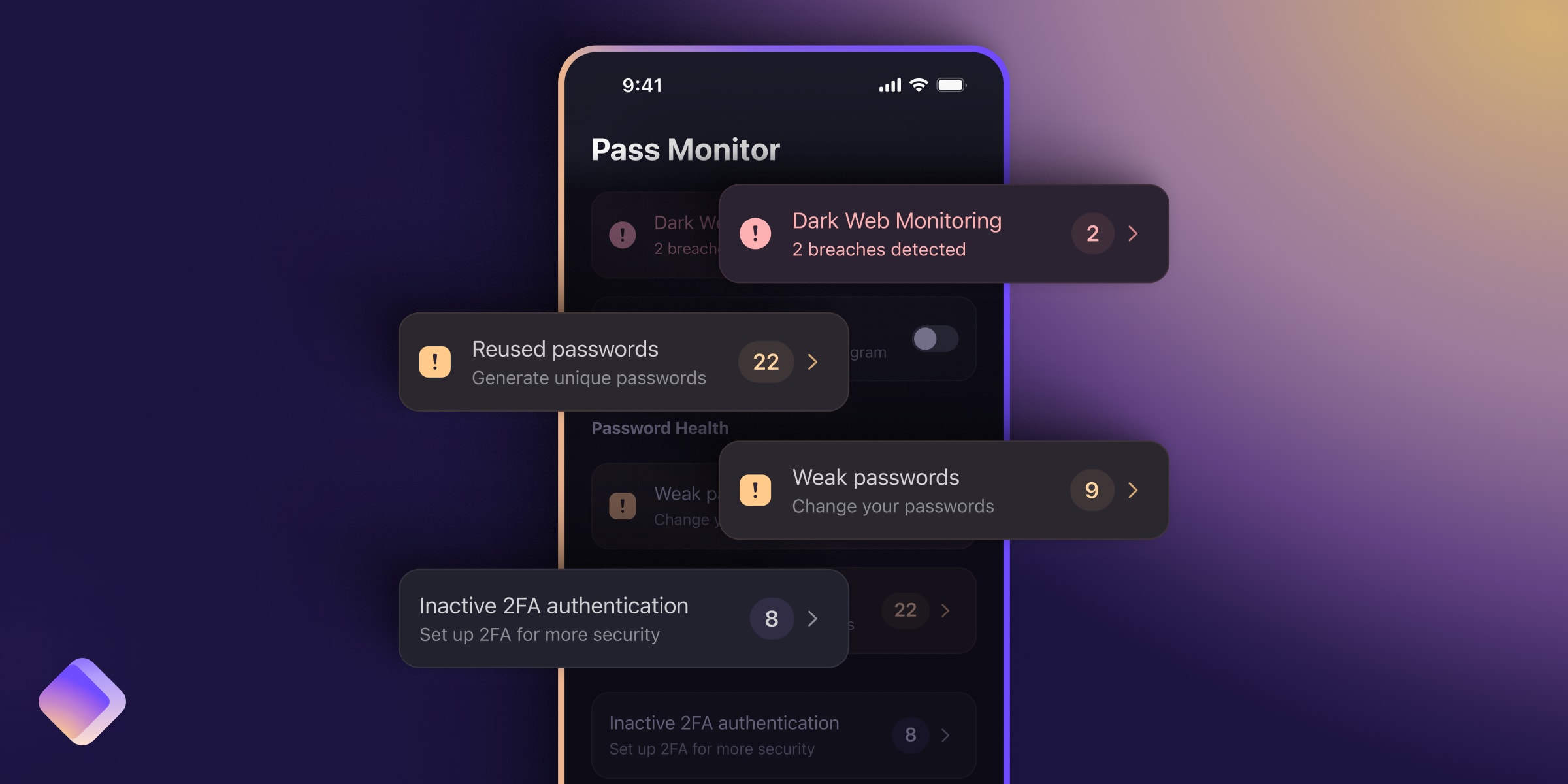Today, the European Parliament voted on the regulation commonly known as “chat control”, laying down rules to prevent and combat child sexual abuse material. Earlier drafts of this bill had posed a severe threat to encryption and privacy, but recent amendments from the Parliament have moderated this stance by explicitly adding protection for end-to-end encryption.
Today’s vote represents an incredibly important step as members of the European Parliament adopted a position that removes the attacks on encryption and takes a definitive stand for privacy and security. The original proposal from the Commission threatened the basic rights of hundreds of millions of Europeans and risked undermining the safety of European citizens. Parliament has taken a much-needed, progressive, and future-proof position, and it’s now vital that the European Council aligns its thinking with the Parliament’s position.
However, the Council still appears to be in deadlock, and hopes of progress this year are seeming less and less likely. It’s vital that member states such as France take a progressive stand for citizens’ rights and break the deadlock. France is a powerful force on the European stage and hasn’t yet made its position on Chat Control clear. But by siding with states such as Germany, it’s possible we may still see an agreement between the Council and Parliament that preserves Europe’s privacy and security for years to come.
What is Chat Control and why is the vote important?
The European Commission first introduced Chat Control in 2022 and included provisions that would allow law enforcement to demand users’ messages, files, emails, and other private data, regardless of whether the information in question was protected by end-to-end encryption. This is, in effect, a ban on end-to-end encryption.
The European Council and the European Parliament are currently considering their positions on the draft regulation, but the Council appears to be deadlocked on the issue. The Parliament has come forward with pro-encryption amendments to the proposals.
Learn more about Chat Control and Proton’s position
The fight is not over
This is not the end of the process by any stretch. We hope to see progress from the Council in the coming months that will bring its position in line with what the Parliament approved today.
After that, the Trilogues process begins. This will be a complicated series of negotiations between the European Commission, European Council, and European Parliament to agree on a final version of the law based on today’s Parliamentary text and the Council’s position (which is yet to be decided).
At Proton we understand the intention behind the Commission’s original proposals, but we also see the dangers it poses for privacy and security. For the final version of the law to be effective there has to be agreement among the three branches of the European legislative process. We stand ready to continue offering whatever guidance and assistance we can to help bring the Council and Commission’s positions in line with the draft agreed by the Parliament today.














